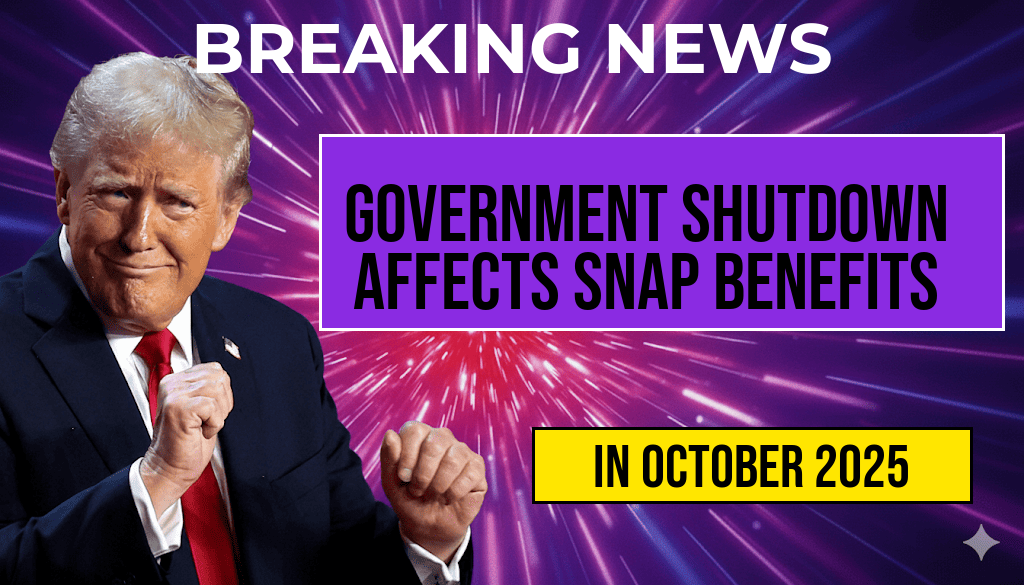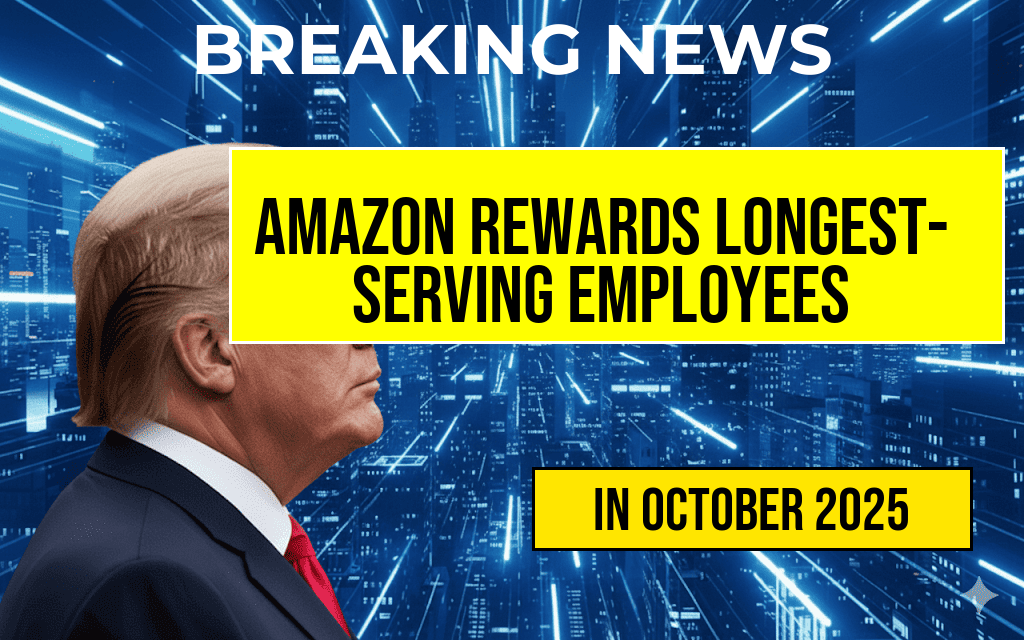The prospect of a government shutdown often raises concerns about disruptions across various federal programs, and Supplemental Nutrition Assistance Program (SNAP) benefits are no exception. When federal funding lapses, millions of Americans relying on food assistance face uncertainty over whether their benefits will continue uninterrupted. Historically, temporary shutdowns have led to delays or interruptions in food stamp distributions, impacting vulnerable populations including low-income families, seniors, and individuals with disabilities. As debates over budget allocations intensify, understanding the potential consequences of a shutdown on SNAP benefits becomes crucial for those who depend on this vital support. This article explores how government shutdowns influence food stamp assistance, the measures in place to mitigate disruptions, and what affected individuals can expect during such periods.
How a Government Shutdown Affects SNAP Benefits
Funding Disruptions and Benefit Distributions
Federal agencies responsible for administering SNAP rely on appropriations approved by Congress. When a shutdown occurs, discretionary funding for certain programs, including the U.S. Department of Agriculture (USDA), can be temporarily halted. As a result, the processing of new applications, recertifications, and benefit issuance may be delayed or suspended. Historically, during past shutdowns, states have encountered delays in issuing benefits, leading to periods where recipients did not receive their monthly assistance on time.
However, it’s important to note that emergency provisions often come into play. The USDA has indicated that benefits already issued before a shutdown generally remain accessible, and existing recipients typically retain their current benefits for a limited period, depending on state-level implementation. Still, the uncertainty surrounding future disbursements can cause significant hardship, especially for those living paycheck to paycheck.
Impact on Vulnerable Populations
Individuals and families relying heavily on food assistance face heightened risks during shutdowns. Without timely benefits, households may struggle to meet basic nutritional needs, forcing some to seek emergency food aid, cut meals, or reduce other essential expenses. For many, SNAP benefits represent a critical safety net, and disruptions can exacerbate food insecurity, especially when shutdowns extend beyond a few weeks.
| Aspect | Effect |
|---|---|
| Benefit Disbursement | Delays or suspensions in issuing new or recertified benefits |
| Food Security | Increased risk of food insecurity among vulnerable populations |
| Administrative Services | Limited access to application processing and customer support |
| State Variability | Differences in how states handle benefit issuance during shutdowns |
Mitigation Measures and Responses
Federal and State Strategies
To mitigate the impact of shutdowns, federal agencies often implement contingency plans. These include utilizing remaining funds to continue benefits for a limited time and issuing guidance to states on how to manage benefits during funding gaps. Some states have policies to provide interim benefits or extend deadlines to recertify eligibility, aiming to prevent lapses in assistance.
Additionally, the Farm Bill and other legislation sometimes contain provisions to safeguard critical programs during funding interruptions. For example, the USDA has previously indicated that benefits already issued remain valid until a set period, helping to prevent immediate hardships. Nonetheless, prolonged shutdowns can exhaust these emergency measures, leading to more severe disruptions.
Role of Emergency Assistance
During shutdowns, community organizations and food banks often play a vital role in filling the gaps. Many local agencies ramp up efforts to distribute emergency supplies or provide direct aid to those affected. Moreover, some states have reserve funds or carryover benefits that can temporarily support recipients. However, these are not long-term solutions, emphasizing the importance of timely congressional action to fund essential programs.
Legal and Policy Considerations
Legal Protections for SNAP Recipients
Federal law generally ensures that benefits already issued are protected during a shutdown, and recipients typically do not lose their benefits immediately. However, the ability to process new applications, conduct eligibility recertifications, or respond to requests can be limited. This creates a situation where existing recipients continue to receive assistance, but potential new applicants face delays or denials.
Policy Debates and Future Outlook
The recurring threat of government shutdowns fuels ongoing debates over the funding and management of safety-net programs like SNAP. Advocates argue that consistent funding and policy stability are essential to prevent hunger and support low-income households. Critics often emphasize fiscal responsibility, leading to political stalemates that threaten program continuity. As discussions continue in Congress, many organizations call for legislation that explicitly protects food assistance programs from future shutdown-related disruptions.
What Recipients Should Know
Individuals relying on food stamp assistance should stay informed through their state agencies and local community organizations. In case of a shutdown, it is advisable to:
- Check official notifications regarding benefit status and potential delays.
- Keep documentation up to date to facilitate recertification once services resume.
- Utilize local food banks or pantries as supplementary sources of assistance.
- Reach out to caseworkers or program administrators for guidance and support.
While the federal government’s response aims to prevent immediate hardship, the unpredictable nature of shutdowns underscores the importance of ongoing policy solutions that prioritize uninterrupted access to essential food assistance for vulnerable populations.
Frequently Asked Questions
What is a government shutdown and how does it affect SNAP benefits?
A government shutdown occurs when Congress fails to pass funding bills, leading to the closure of certain government agencies. During a shutdown, SNAP benefits (Supplemental Nutrition Assistance Program) may be temporarily disrupted or delayed, affecting eligible individuals’ ability to access food assistance.
How long can SNAP benefits be impacted during a government shutdown?
The duration of SNP benefits disruptions depends on the length of the government shutdown. Short-term shutdowns may lead to minimal or no impact, while prolonged shutdowns could cause delays in benefit issuance, potentially leaving some recipients without assistance for a period.
Will food stamp assistance continue during a government shutdown?
In many cases, food stamp assistance programs are considered essential, and benefits are often issued as scheduled during a government shutdown. However, some administrative processes may be delayed, and recipients should stay informed through official channels for updates.
What should SNAP recipients do during a government shutdown?
SNAP recipients should monitor official government communications and local assistance programs for updates. It is advisable to plan for potential delays by conserving resources and seeking community support if needed during prolonged shutdowns.
Are there any alternative food assistance options during a government shutdown?
Yes, some community organizations, food banks, and local charities may offer food assistance during a government shutdown. Recipients can contact local agencies or visit food banks to access additional support if federal benefits are delayed or reduced.










